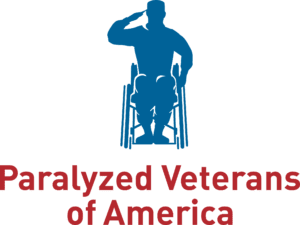Trust in the Lord with all thine heart; and lean not unto thine own understanding. - Proverbs 3:5
Tell us about you! Think back to before you became a caregiver – what did your day-to-day life look like?
Prior to my husband’s diagnosis of ALS in 2019 and becoming his caregiver, I worked full-time as a Systems Analyst III at Atrium Health Navicent in Macon, Georgia. Up to that point, I had spent my entire career in healthcare-related roles, including my 25 years in the Air Force Reserve. Outside of work, I attended church regularly, and served as choir director and on the church’s finance committee. I also enjoyed traveling, spending time with family, and cooking. Fitness was also a big priority for me, so I made time to exercise several days a week and followed a healthy eating plan.
What are your biggest challenges as a caregiver?
My biggest challenges are getting the proper sleep and becoming motivated to exercise regularly. I typically set my alarm to wake up every two hours throughout the night to address Ben’s needs and check physiological markers. ALS has left my husband a quadriplegic, so he relies on me for every movement of his body. I have to adjust and move him throughout the day and night. He has chronic respiratory failure too, so I am also suctioning and providing tracheotomy care around the clock. In addition to his physical care, I need to be attentive to his PTSD, and sometimes the physical movements can be a trigger. The disturbed sleep patterns affect my ability and motivation to generate energy for exercise.
What do you do to maintain your own well-being?
I meditate and focus on spiritual songs and sermons. My husband and I both love to laugh to so we watch a lot of funny movies. We love church and regularly attend virtually, and in person when we can. Our faith community is our strength, and I believe one of the reasons my husband is still alive today. My well-being is also boosted by sharing my learned experience with fellow caregivers on how to effectively care for someone living with ALS, especially when the decision turns to having a tracheotomy. A large part of our well-being comes from focusing on what we have, not what we don’t have.











